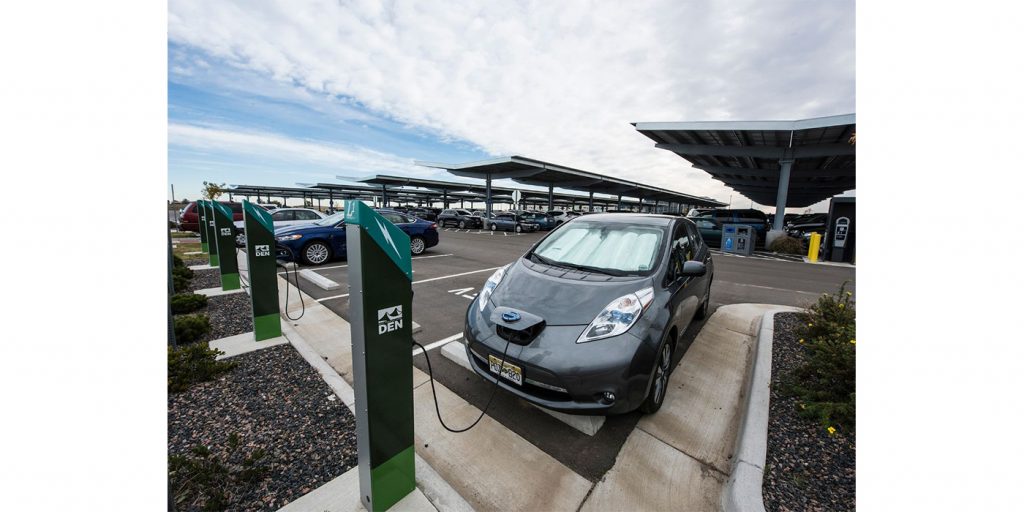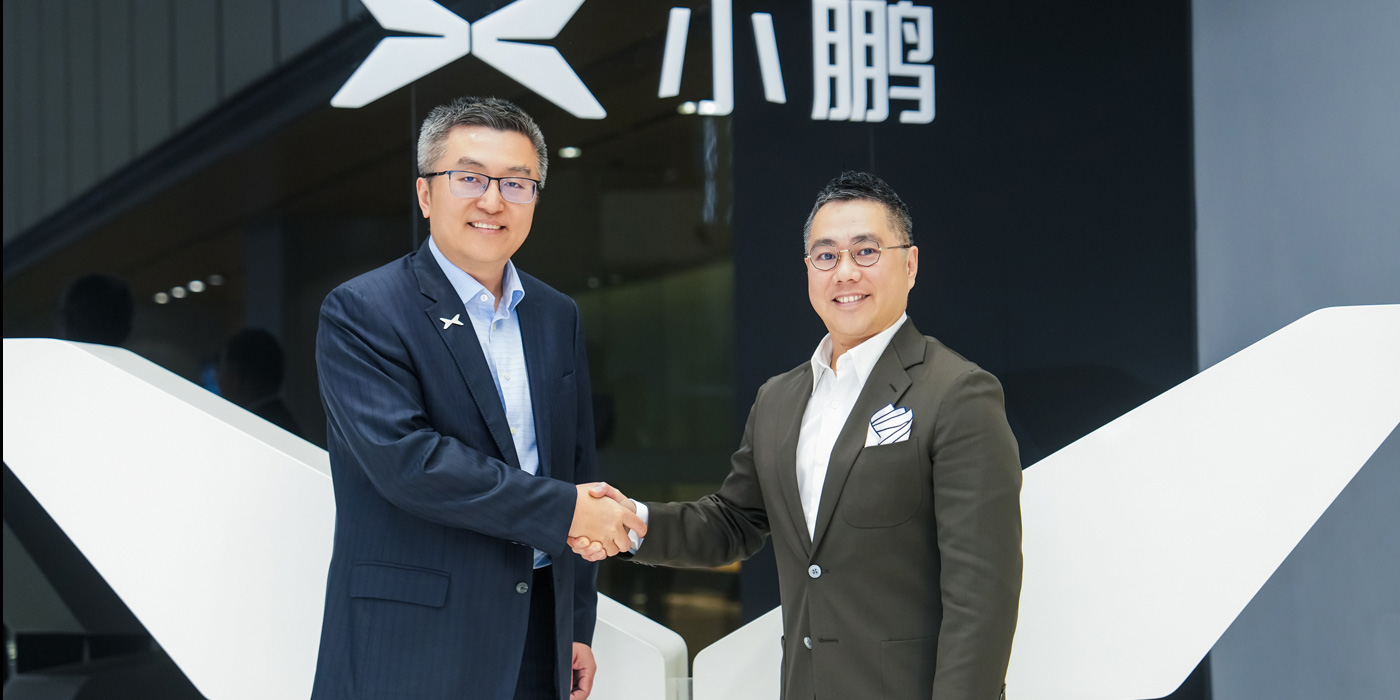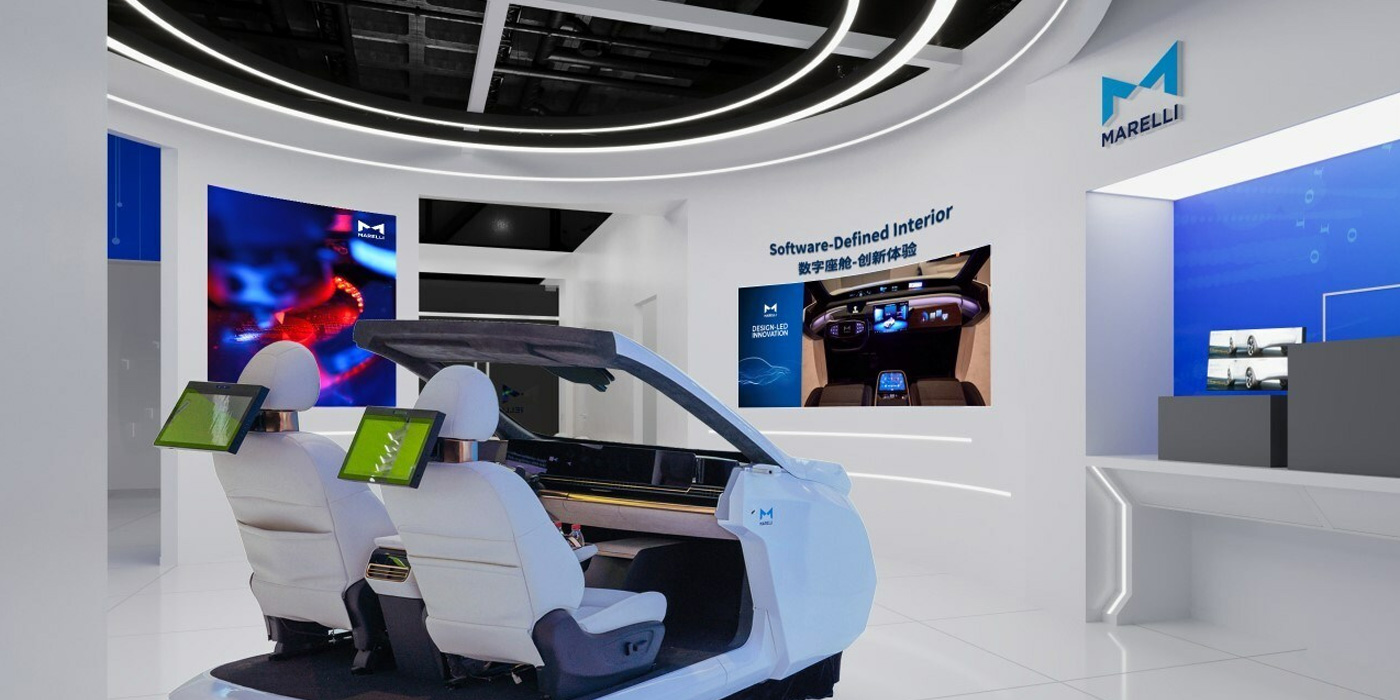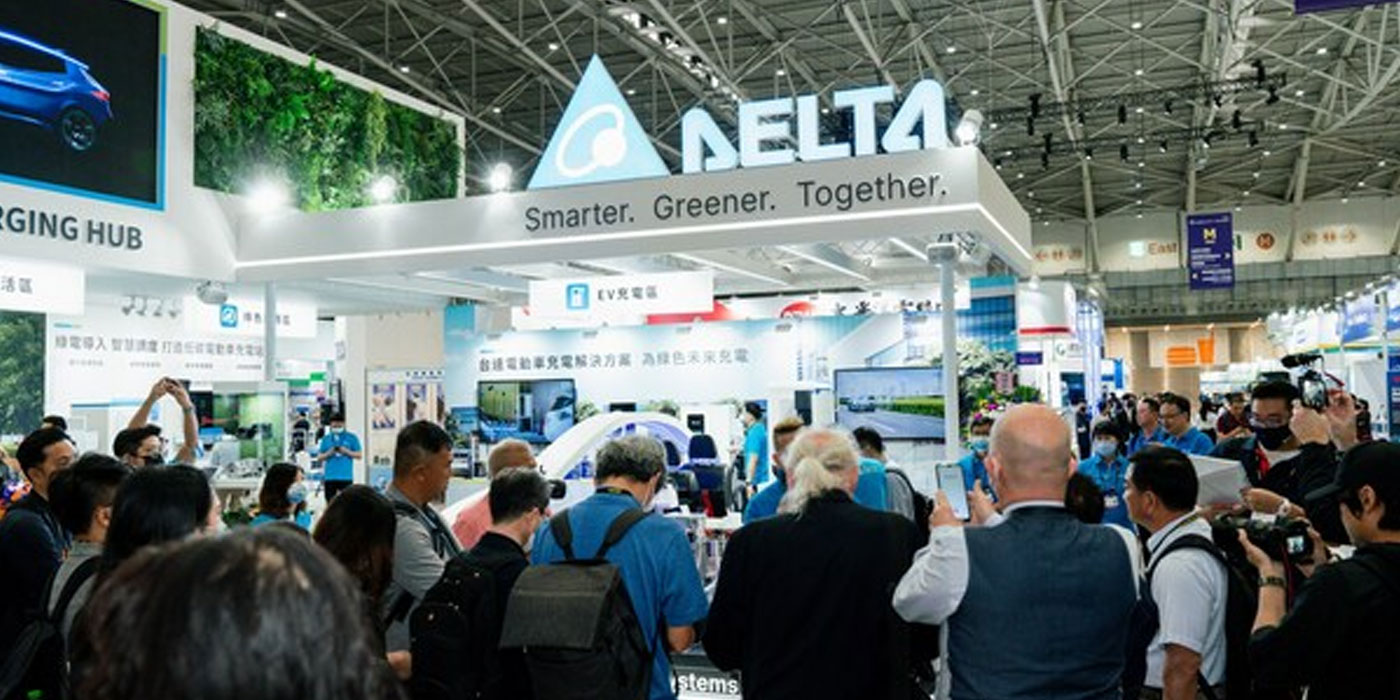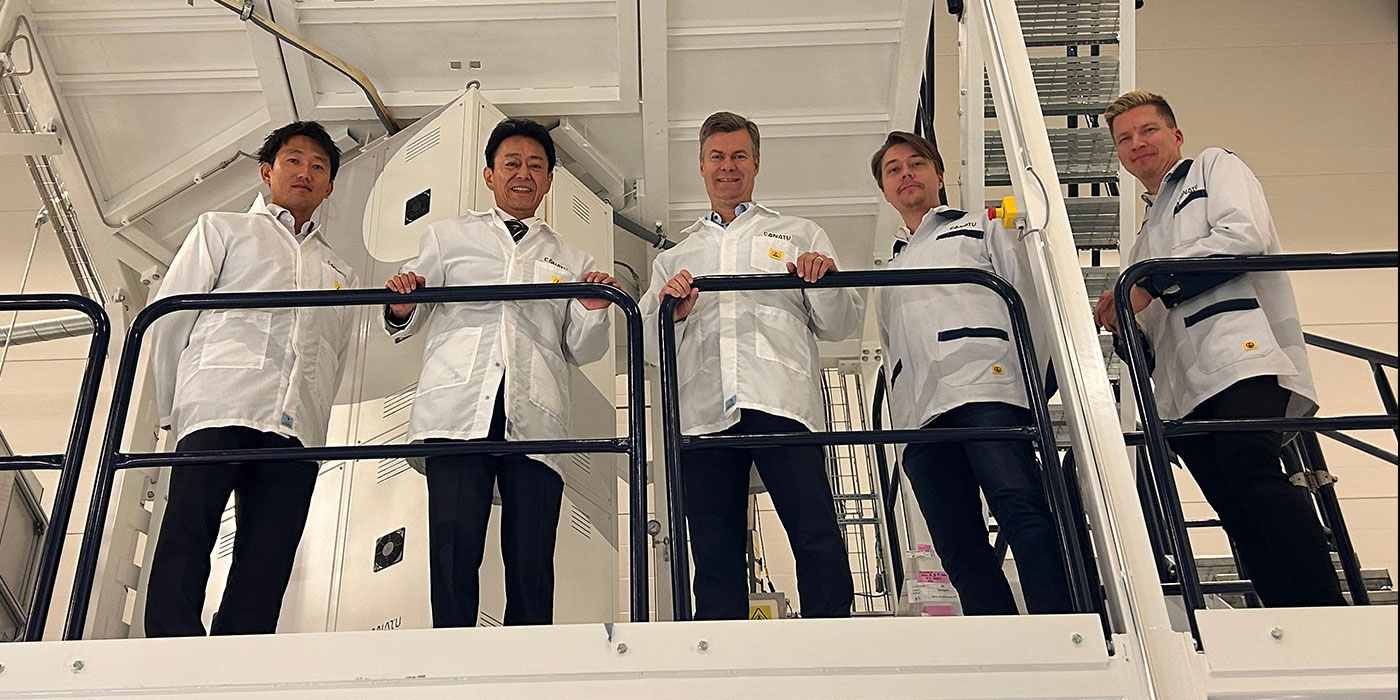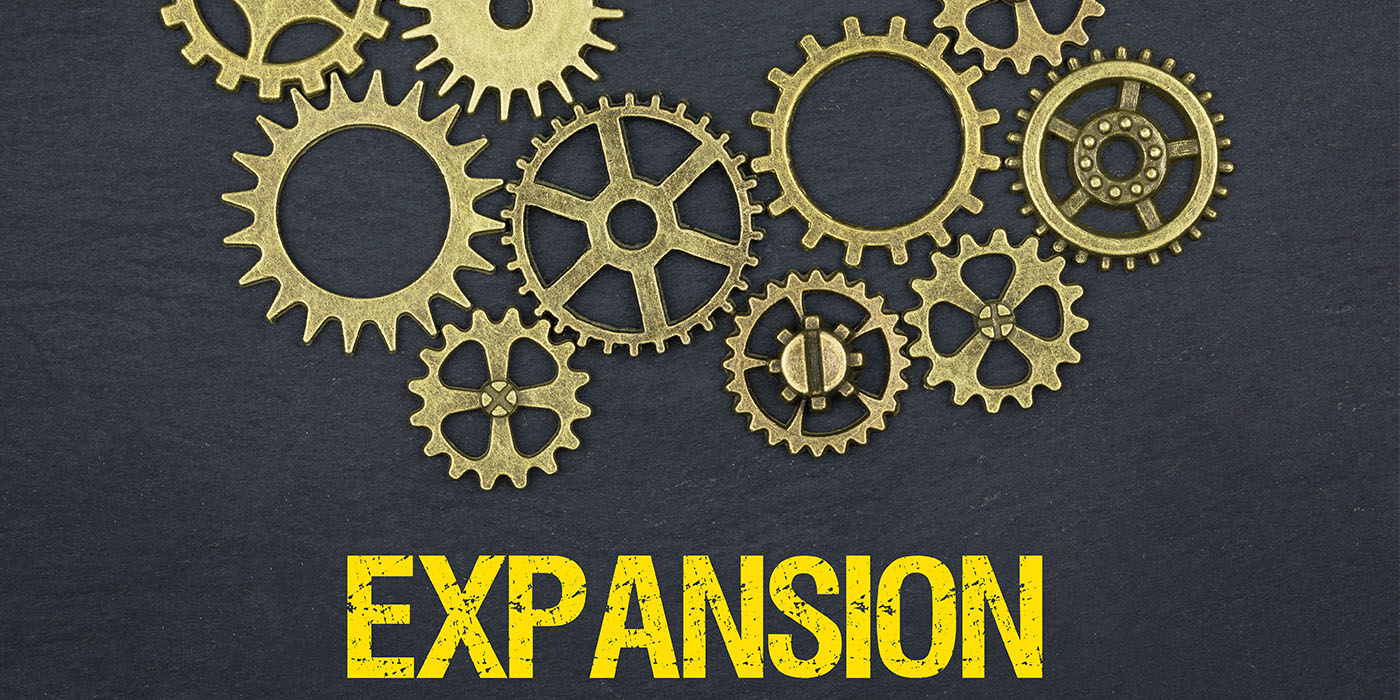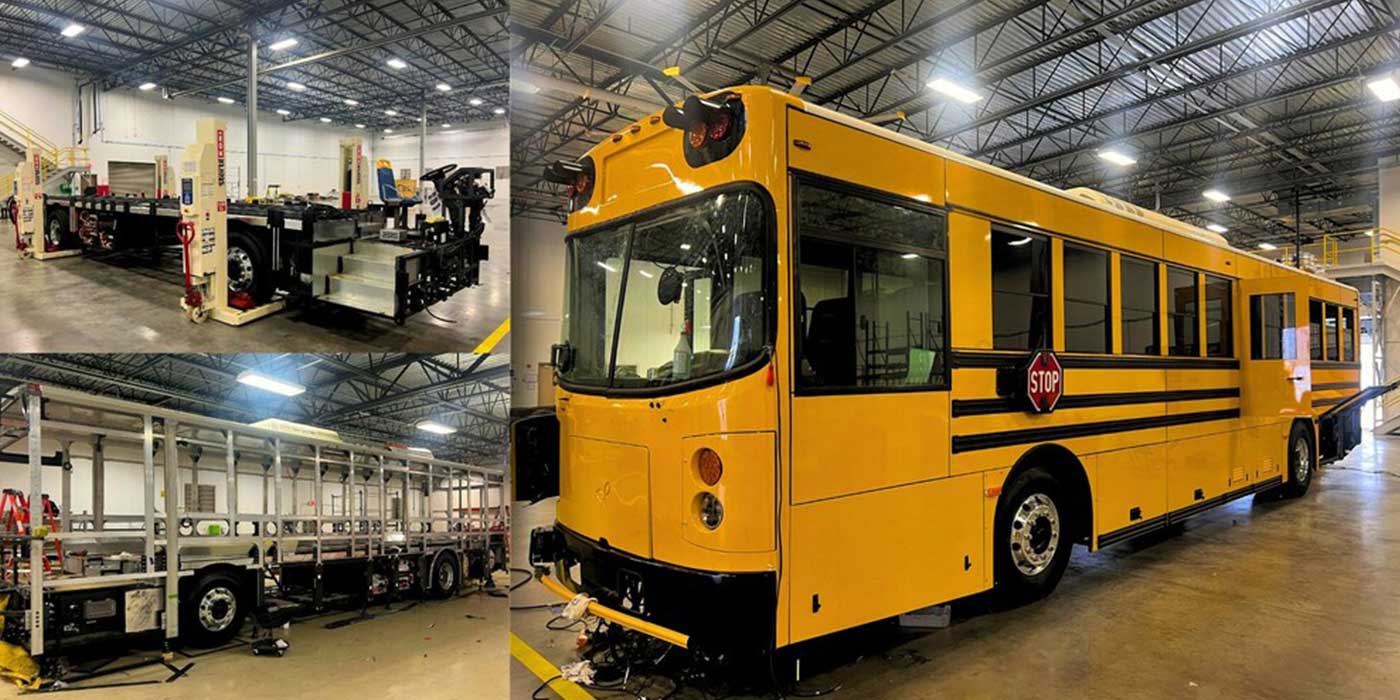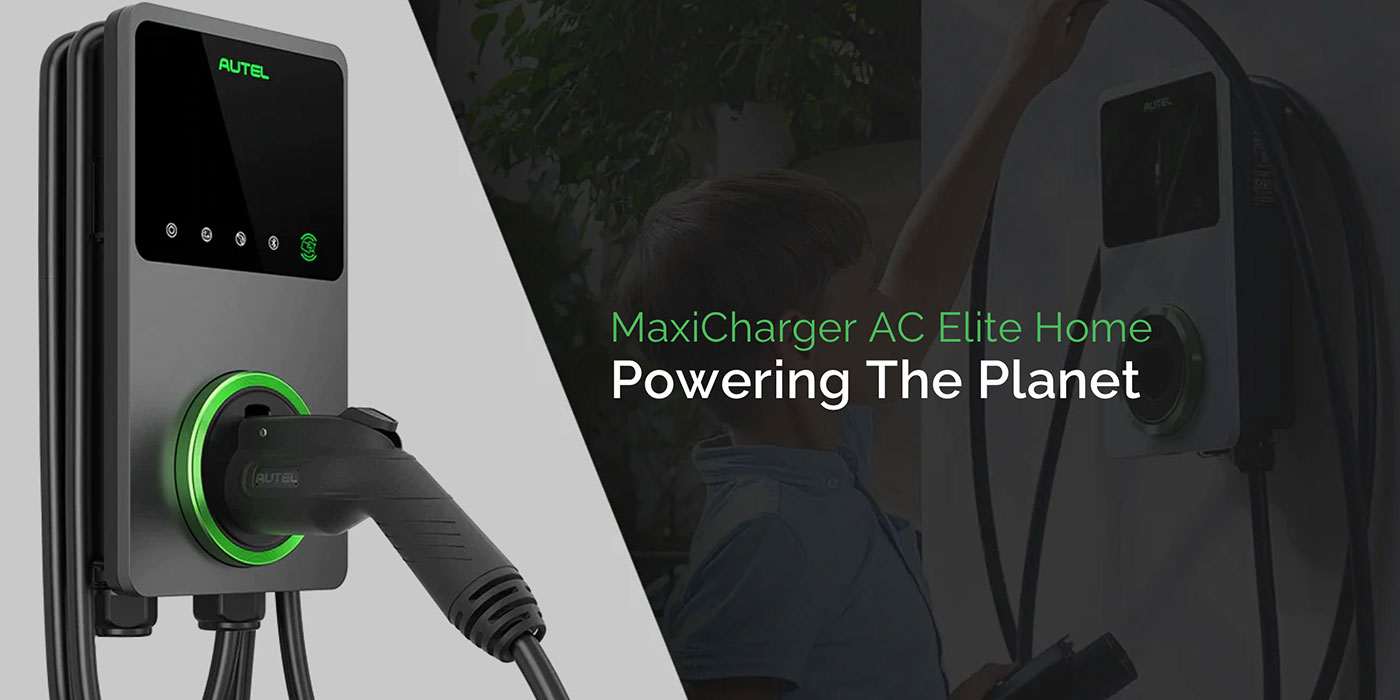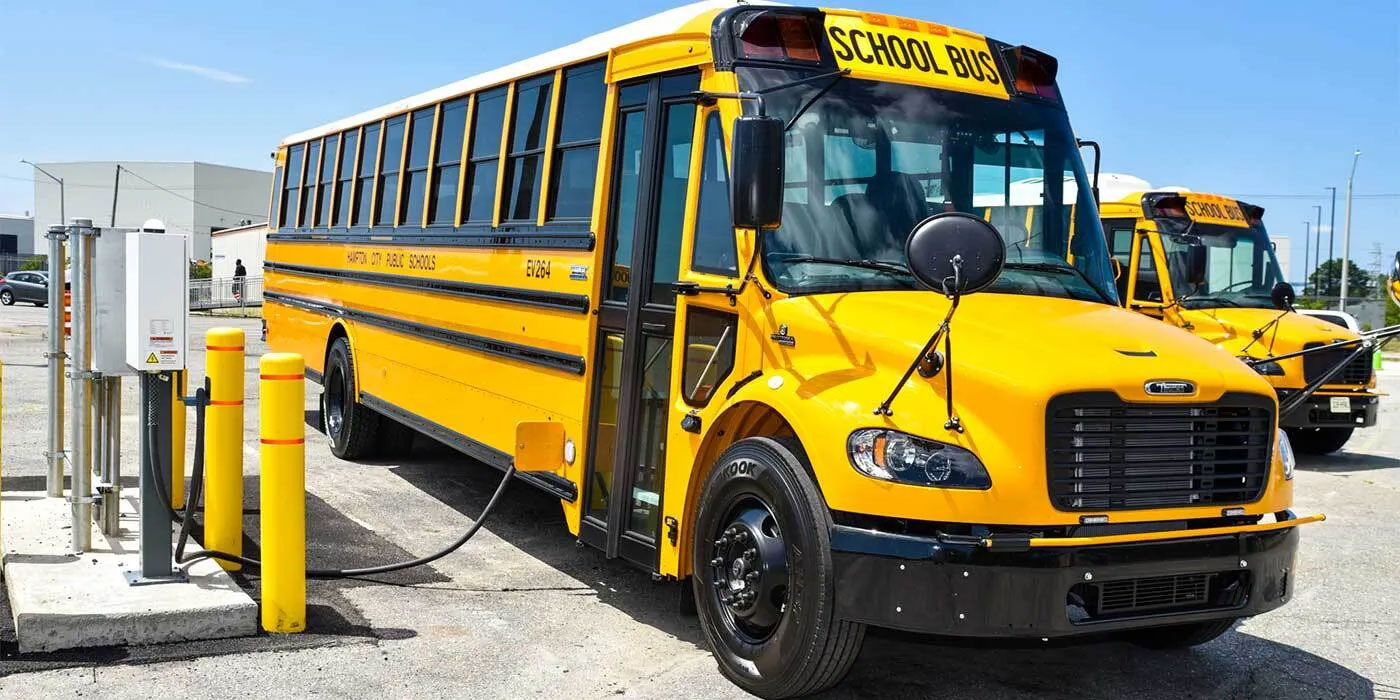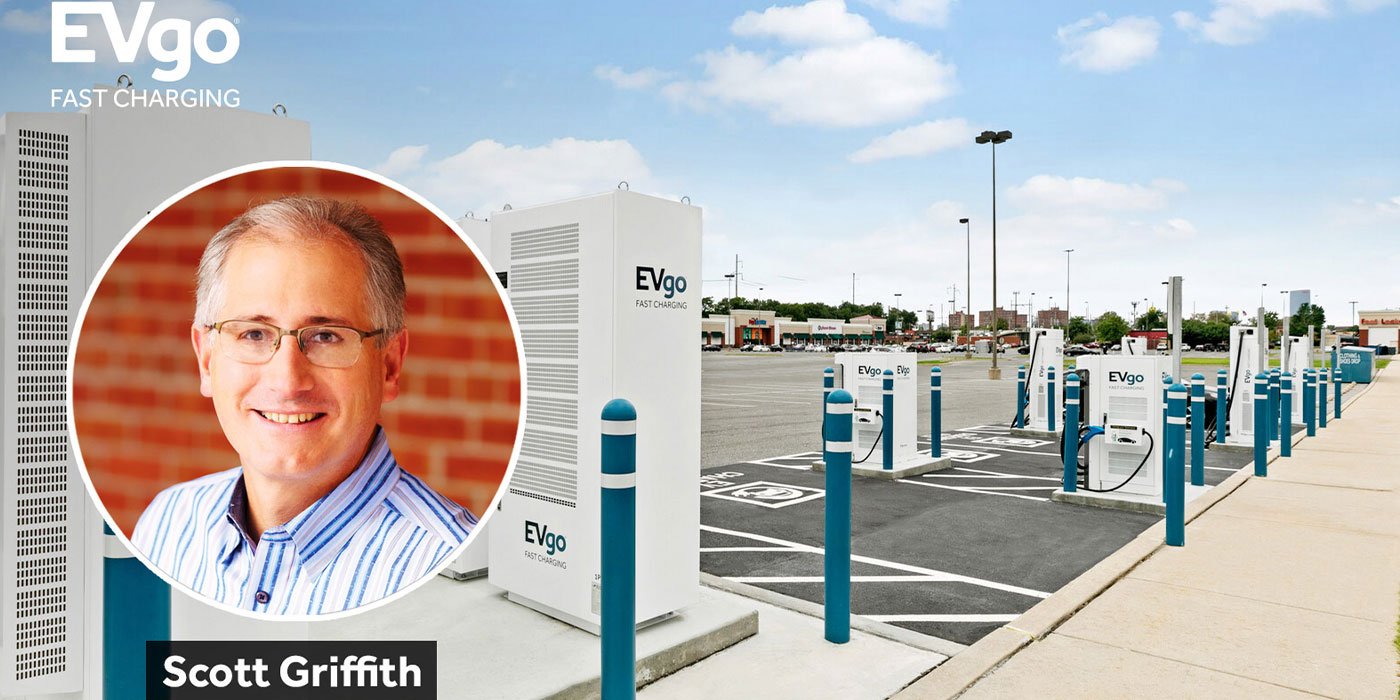CLEPA, the European Association of Automotive Suppliers, commissioned PwC Strategy& to assess the impact of three different Green Deal policy scenarios on employment and value-add among automotive suppliers across Europe in the period of 2020-2040. The scenarios represent a mixed technology approach, the current EV-only approach proposed in the Fit for 55 package, and a radical EV ramp-up scenario. All three scenarios assume accelerated electrification to meet climate goals, with a high market share for electric vehicles by 2030 of more than 50%, almost 80%, and close to 100%, respectively.
The automotive manufacturing sector is responsible for more than 5% of the overall manufacturing employment in 13 EU Member States, with more than 60% of these workers employed by automotive suppliers. The study provides a European-wide assessment and further identifies the risks and opportunities in seven major production countries for automotive components (Germany, Spain, France, Italy, Czechia, Poland, and Romania). The study is also the first of its kind in evaluating the impact of different policy pathways to reach Green Deal objectives with a focus on automotive suppliers.
While automakers have greater capacity to divest or insource activities to compensate for a loss of activity in the powertrain domain, automotive suppliers can react with much less agility, as they are bound by long-term contracts with vehicle manufacturers. In addition to global and well capitalized industry leaders, the sector consists of hundreds of specialized companies and SMEs with less access to capital to invest in the transformation of their business models.
Key findings of the report are:
• 226,000 new jobs foreseen in EV powertrain production (assuming an EU battery chain), means a net loss of 275,000 jobs (-43% jobs) projected from now until 2040
• 501,000 auto supplier jobs in Internal Combustion Engine (ICE) powertrain components production are expected to become obsolete if technology is phased-out by 2035
• Of those half a million jobs, 70% (359,000) will most likely be lost in just a 5-year period from 2030-2035, highlighting the limited timeframe to manage considerable social and economic impacts
• By complementing electrification, a mixed technology approach allowing use of renewable fuels could deliver a 50% CO2 reduction by 2030, while maintaining jobs and creating “value-add.”
Transition vs Disruption
The study forecasts that in the EV-only scenario, 70% of the employment impact will be felt already in the period of 2030-2035 and substantiates that electric vehicle opportunities hinge on the establishment of a deep EU battery supply chain, the timing and likelihood of which are still uncertain. Western European countries appear best placed to be strongholds in EV powertrain production, while employment in Central Eastern European countries will remain highly dependent on the internal combustion engine.
“While electrification puts powertrain employment at risk on the one hand, other workforce skills around areas such as software or infrastructure will be needed in the future,” said Henning Rennert, Partner at PwC Strategy& Germany. “The future value-add and job creation in powertrain technologies depends on local battery production in Europe.”
CLEPA Secretary General, Sigrid de Vries, added: “The study highlights the risks of an EV-only approach for the livelihood of hundreds of thousands of people working hard to deliver the technological solutions for sustainable mobility. As automotive suppliers are responsible for most of the manufacturing employment in the automotive industry, it is critical that we put jobs with automotive suppliers front and center when managing the social and economic impact of the transformation.
“Innovations by automotive suppliers have made electric mobility increasingly accessible for consumers and an essential instrument to meet emission reduction targets. But society’s needs are far too diverse for a one-fits-all approach. A regulatory framework that is open to all available solutions, like the use of hybrid technologies, green hydrogen, and renewable sustainable fuels will enable innovation as we redefine mobility in the coming decades.”
An Uncertain Future for Batteries
The study substantiates that up to 70 billion euros (70%) of the value creation related to electric powertrains will be connected to the processing of battery materials, the production of battery cells and cells modules, and the assembly of battery systems. These activities will not necessarily be with the same companies or in the same regions, the study noted, as they require significantly different skills and expertise compared to conventional powertrain technology and are therefore unlikely to provide opportunities to most powertrain oriented automotive suppliers, in particular small- and medium-sized enterprises who employ around 20% of people working in the automotive supply industry.
Earlier research by CLEPA illustrated that battery production provides relatively more jobs for academically schooled employees and less for the mechanical workers that are now producing parts related to the internal combustion engine.

